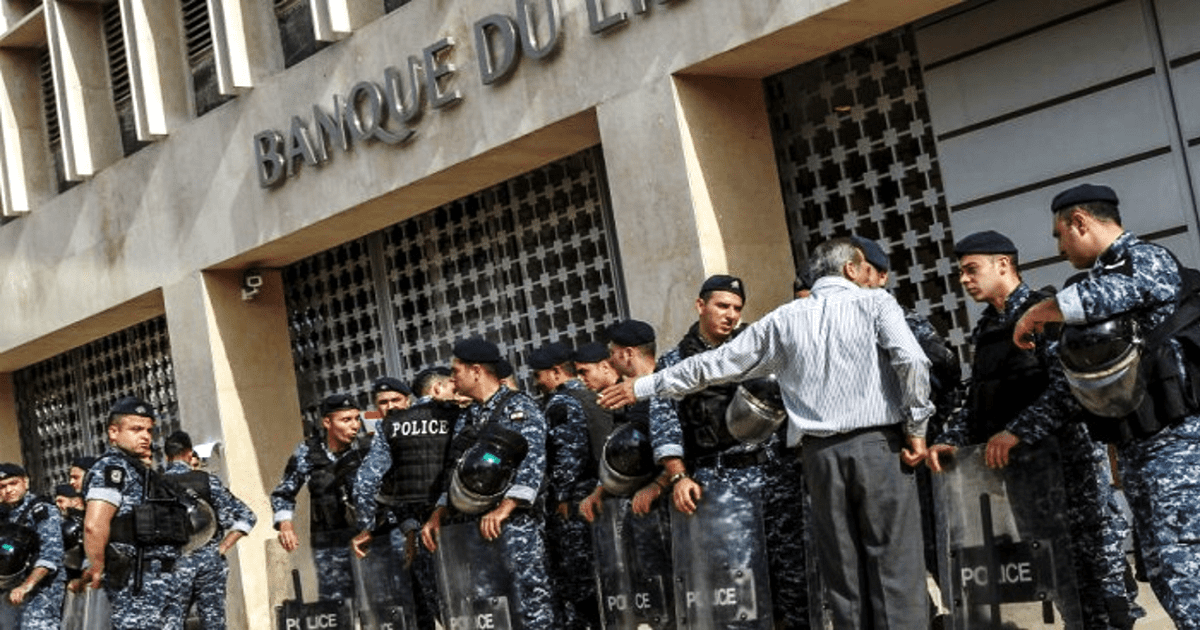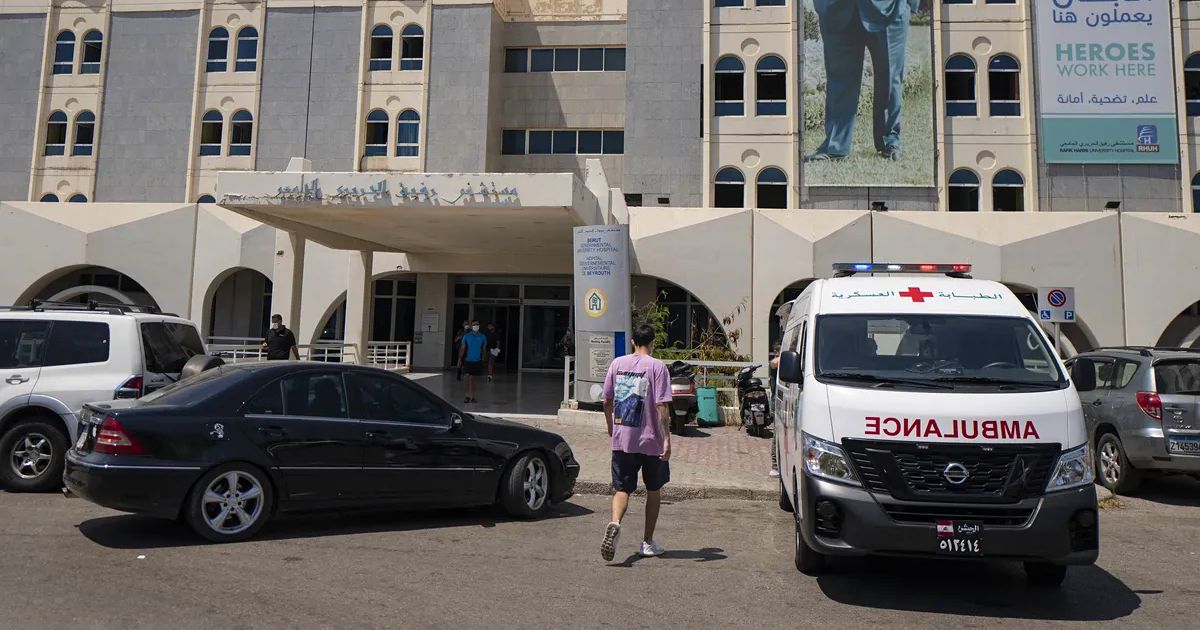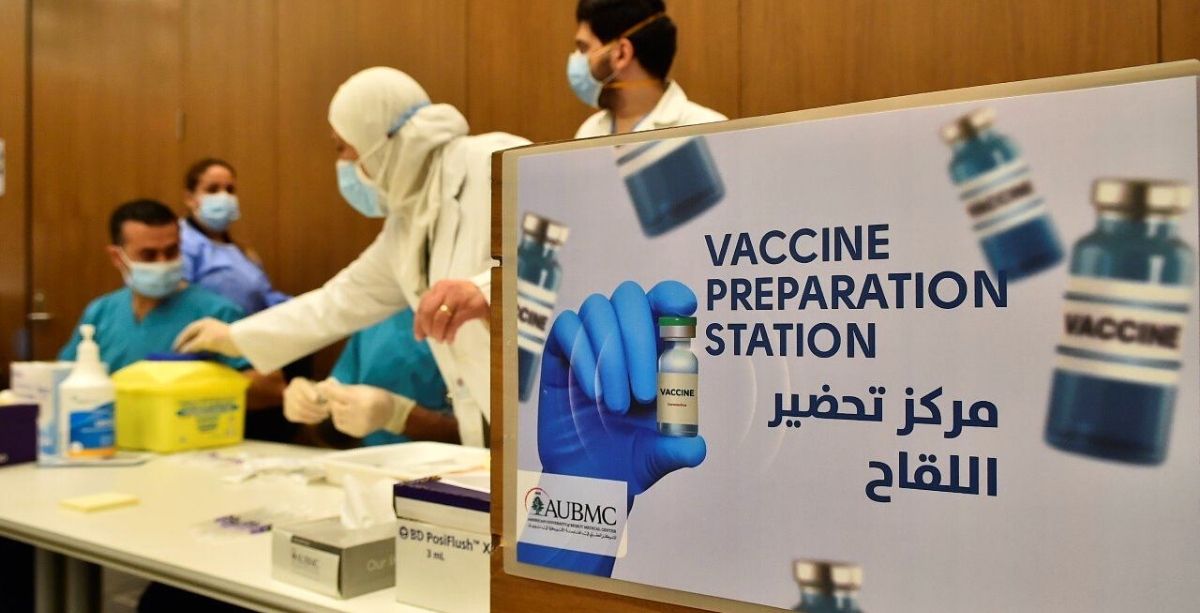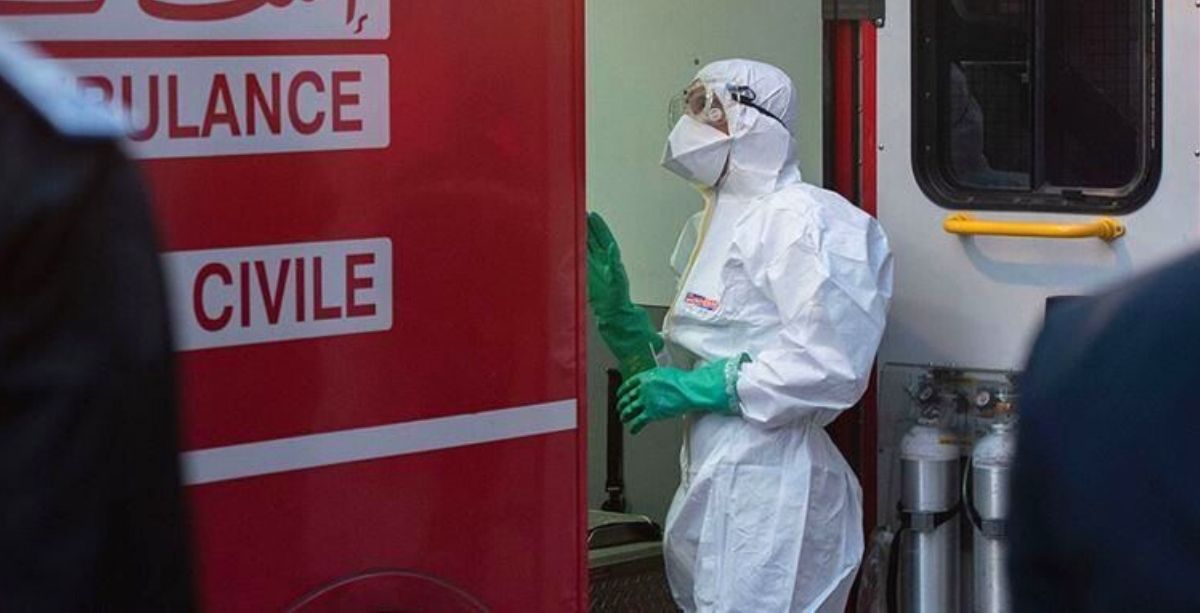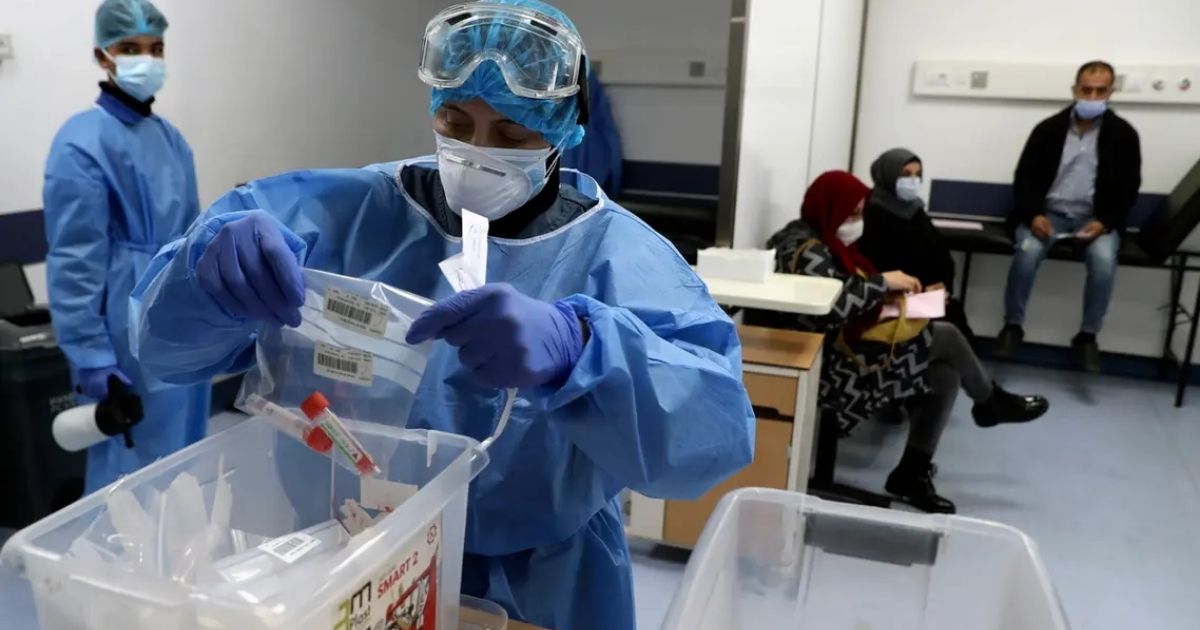According to Reuters, a draft governmental plan showed that Lebanon needs external financing on an average of 10-15 billion dollars over the next five years to help in improving its financial crisis.
The draft plan, which the cabinet is discussing, is dated to April 6th, 2020. Reuters confirmed that it is the most comprehensive plan to address the crisis so far. It is described in the draft as a “good basis” for negotiations with the International Monetary Fund (IMF).
That plan, which was drafted by Lebanon’s financial advisory Lazard, does not explicitly mention that the country will turn to the IMF, a move that requires broad political support.
It aims at investors who expect Lebanon to seek support from the IMF, which would allow a possibility of more funding.
Lebanon’s economic losses have been monitored at $83.2 billion. Reuters explained that the plan indicated that “a full rescue package for the financial sector is not an option.”
The loss of 83.2 billion dollars is due to the decrease in the value of assets held by the Central Bank. The Loss is also due to a decrease in the value of the bank loan and the restructuring of government debt.
The draft plan comprises details of a restructuring of the Central Bank and commercial banks. It includes an “exceptional transient contribution from major depositors” and outlines a special fund to offset depositors’ losses arising from the restructuring.
As mentioned by Prime Minister Diab, the plan will ensure that the assets of 90% of the depositors are preserved.
Since the beginning of the crisis, Lebanon has failed, and for the first time, to pay off its debt in foreign currency. In March, Lebanon began steps towards debt restructuring.
The public isolation measures caused by the coronavirus (COVID-19) have exacerbated economic problems.
This resulted in rising inflation, a fall in the value of the currency, and capital restrictions that prevent depositors from withdrawing their savings in hard currency.
The plan of 10-15 billion dollars assumes that Lebanon can seek benefits from external financial support, which can successfully implement reforms.

It says that a special fund will offset depositors’ losses from sums coming from a program that will monitor and recover illicitly acquired assets.
The plan estimates the embedded Central Bank losses at about $40 billion, as a result of “years of losing financial operations.”
That was a result of collecting foreign exchange reserves to maintain liquidity and cover a financing gap in the payment features.
For more of Reuters’ report, visit here.
